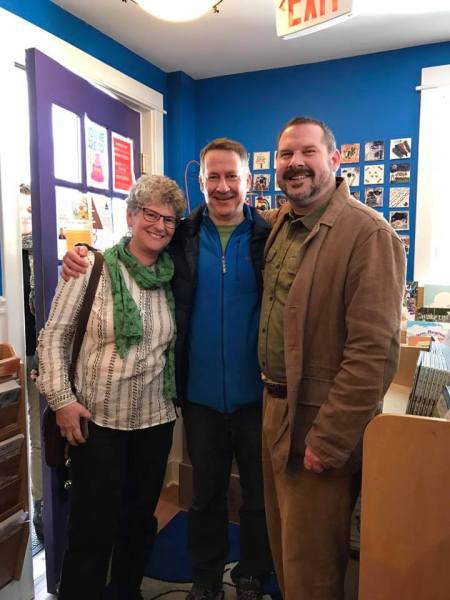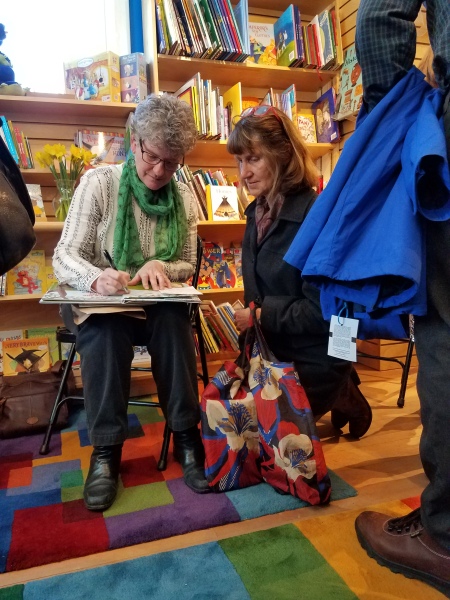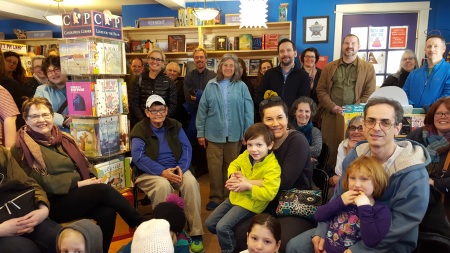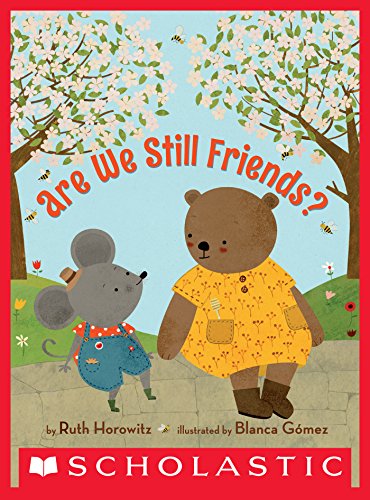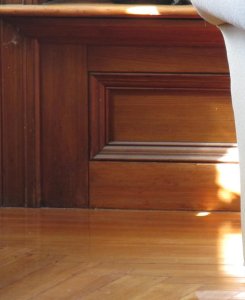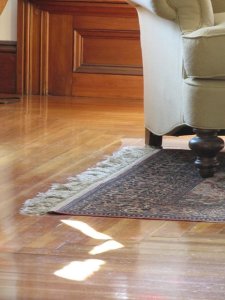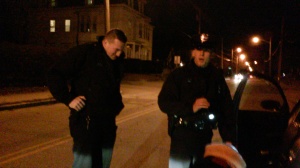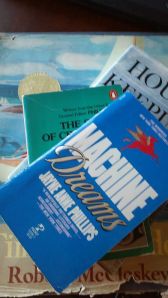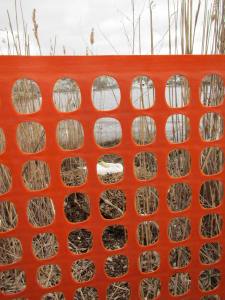
The first third of Sarah Waters’ The Paying Guests is excruciating. It traces the growing intimacy between Frances, a lesbian in 1920s London, and her married tenant. When the women finally make love, the relief is heart-stopping. I reached that climax at 30,000 feet, somewhere between Colorado Springs and Atlanta.
It wasn’t the best setting for such steamy reading. I worried that the woman sharing my armrest would notice my heavy breathing. I’d been up most of the night worrying that I would sleep through my 4 a.m. alarm. I had a long day of traveling ahead. And after so much narrative build-up, I wanted to give the scene its due. So slipped my Kindle into my seat pocket, closed my eyes and took a nap.
Late that afternoon, back home in Rhode Island, I unpacked. I was looking forward to picking up with Frances and Lillian. And that’s when I realized where I’d left them — in the seat pocket on the plane to Atlanta.
It wasn’t as if I couldn’t keep reading The Paying Guests. I could buy the book at a store, or borrow it from the library. I could open it right then, on the Kindle app on my phone or my laptop. I could even, easily, replace the lost Kindle, and download my library onto the new machine. But I still felt bereft. I’d grown attached to my device, with the little scratch on its indigo, faux-leather cover.
Mostly, though, I felt dumb. And embarrassed.
I called my husband, who was still in Colorado. David suggested I call Delta – fast, while there was still a chance the Kindle might be found. Found? It was a long shot. But it couldn’t hurt. So I filled out a report on the Delta website. And then I thought to de-register my Kindle. Most likely, my Kindle had already been squirreled away by whichever ground-crew worker reached seat 31A first. And I didn’t want her, or whoever she sold the device to, downloading books on my dime.
I had dinner, and settled in for the evening. At a little after 9, my phone rang.
“This is Delta Lost and Found,” the lady said. “We have your Kindle. Will you be returning to Atlanta soon?”
I wouldn’t. But that just meant that they would UPS it to me.
“Do you have a UPS account?”
I didn’t. But that just meant they would charge the shipping costs to my credit card.
“Would you it overnight, or three-day?”
“What’s the cost difference?” I asked.
“We don’t determine those costs here,” the lady said, sounding perfectly reasonable. “Would you like to do some research and call us back in the morning?”
I would. Was there a report number I should use when I called back?
“Just your name will do,” she assured me.She was so nice!
My faith in humanity was restored. My act of stupidity was erased. Thank God for David and his good thinking. I could practically feel the scratch on the Kindle’s cover against my finger. In no time at all, I would be reading the rest of Frances and Lilian’s story in comfort. And then I would read one of the other books waiting in my library. Which should be next? And how do you re-register a device that has been de-registered?
I thanked the nice Delta lady, and hung up.
And then I got a text from my daughter in Houston.
Sophie: Just got a call for you from Delta lost and found. I gave them your number.
Me: Why did they call you? Did I fill in the wrong number on my lost and found report?
Sophie: You must have….It was weird to get a wrong number for you.
It was weird.
It was also weird how much time I spent the next day figuring out UPS rates. I had to find the right website, estimate what the package would weigh, and look up the distance between Atlanta and Cranston.
It was weird how no one answered at Lost and Found the next morning. And that I got transferred to an Audix answering service – wouldn’t a company like Delta have a more sophisticated system? Lost and Found personnel must have gone the way of leg room and in-flight meals, I figured, and left my message. Weirdly, they didn’t call back. Or answer, though I tried repeatedly throughout the day. Finally, at a little after 9 pm, someone picked up.
“Delta Lost and Found.” She sounded like the person I’d talked to the night before. This time, though, I could hear a TV in the background.
But I was so glad she’d answered, and so glad to be getting my Kindle back, that I went ahead and gave her my name and address (even though I had already filled that information in online).
And then I gave her my Visa number.
Weirdly, she didn’t tell me what the shipment would cost.
Weirder still, I didn’t ask. I just wrote down the tracking number she gave me, and reconfirmed her phone number, which she said I use if I had any questions.
“My name is Katrina,” she said.
“What are your hours?” I asked. “I’ve been trying you all day.”
“Oh, we’re here 24/7,” she said, sounding scoldy, as if it was my fault that no one had picked up.
After I hung up, I started to get worried. Why didn’t she tell me how much was being charged to my Visa card? Why didn’t UPS recognize my tracking number? At least, when I kept checking my bank site, no new charges appeared on my card.
Two days later, I got an email from Delta.
Dear Ruth,
The search continues. Although we have not yet located your missing item, know that we are still diligently searching for it.
Should we find an item that closely matches your item’s description we will send you an e-mail that guides you through the shipping and payment process so that we can reunite you with your lost item.
If after two weeks we are unable to find your item, we will close your report.
If you have found your item or have additional information to provide, such as serial number, please click here to update your lost item report.
Sincerely,
Delta Air Lines Lost Item Recovery Team
That’s when I finally thought to report my credit card number stolen.
I also tried to call Delta’s Customer Service number. But they’re not open on the weekends. A slick recorded voice gives the hours and directs you to their website. No Audix Answering service there. I filled out a complaint form, and will follow up with a phone call, first thing Monday morning. One of the details I’ll mention is that they called Sophie. Her number does not appear on the Lost Item form I filled in. But I did put her down as my secondary emergency contact when I bought my ticket.
I am stunned at my own stupidity. It seems like I spend half my life hanging up on phone scams, not clicking on suspicious email attachments, and not falling for online hoaxes.
So why did I ignore so many clear warning signs this time?
Because I didn’t want to see them.
Because I wanted to believe that I was getting my Kindle back.
And I wanted to believe that even though I’d been dumb, it hadn’t turned out so badly after all.
Sadly, this type of wish-fulfilling self-deception isn’t as weird as it may seem. We all do it all the time. Scammers depend on it. And they’re not the only ones.
As for The Paying Guests, I’ve read the next third on my phone. I don’t know how the story will turn out. But without giving too much away, I will say that right now Frances and Lilian aren’t soaring nearly as high as they were when I left them in my seat pocket. Or as I was when I closed my eyes to the evidence around me and lulled myself into believing that what I had lost had been found.
P.S.
But wait! There’s more!

